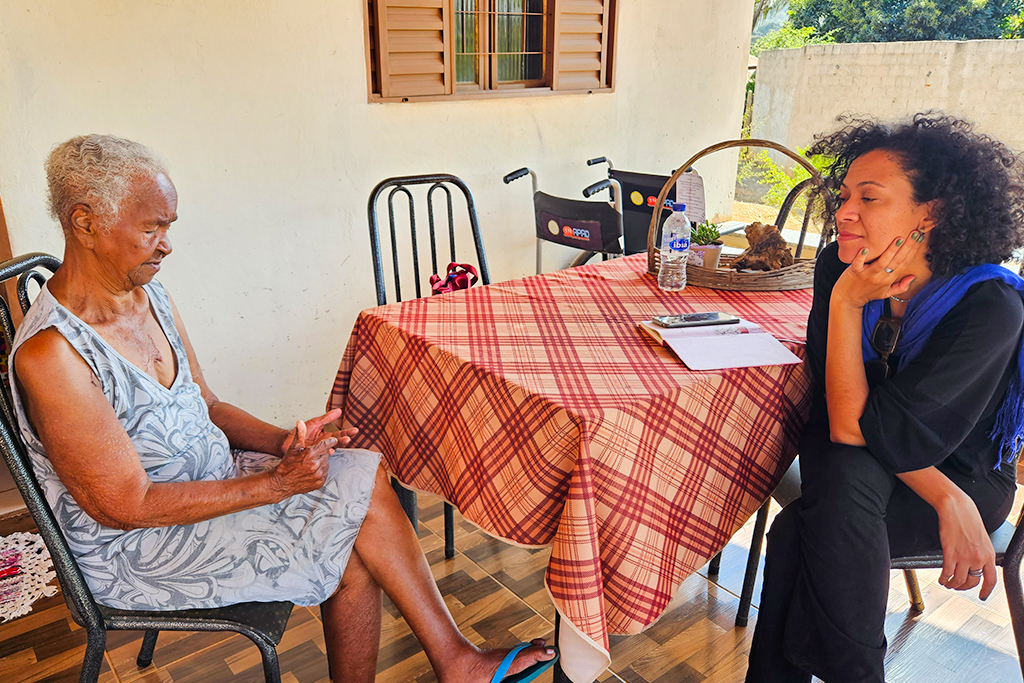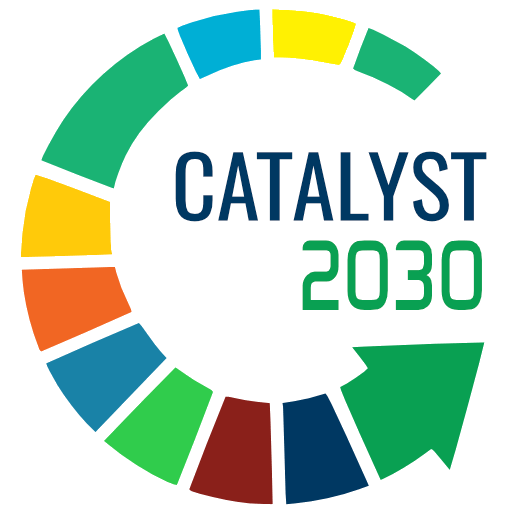
Here at Raízes Sustainable Development, we believe that each project is an opportunity to strengthen connections, build meaningful narratives, and promote real change. One of the central aspects of our work is active listening: hearing what people have to say – in an open, respectful, and transformative way. In this context, an important question arises that accompanies us in evaluations, interviews, and surveys: should we identify the interviewees or not?
We wish the answer were simple. Both approaches – identified and anonymous – bring benefits and challenges. Deciding on one or the other, or even a combination of the two, requires sensitivity, planning, and clarity about the objectives of the assessment or interview. More than that, it’s a decision that reflects values such as trust, transparency, and empathy.
To identify or not? Combining perspectives
Keeping participants anonymous is a common practice in some evaluations. It can encourage sincerity, especially on sensitive topics. People being assessed and interviewed feel more comfortable sharing honest opinions when they know that their answers will not be linked to their identities. This reduces fears of judgment or reprisals, creating a safer space for speech.
However, anonymity has its limits. In organizational or community contexts, when important problems are pointed out, how can we solve them without knowing where they come from? Identification can be essential for personalizing solutions, strengthening ties, and giving continuity to transformative actions. On the other hand, when we demand that people identify themselves, we run the risk of losing valuable nuances, since some answers may be filtered out for fear of opening up contrary opinions or harsher criticism.
Quite a dilemma, isn’t it?
At Raízes, we have explored hybrid approaches that reconcile the best of both worlds. In our internal evaluations, for example, we use a combined format: we apply an identified survey to access specific information and target actions, but we also use anonymous tools to capture more spontaneous and sincere impressions.
In the Quilombo São Domingos Tourism Development Project in Paracatu, Minas Gerais, we carried out an anonymous online survey with objective multiple-choice questions to map satisfaction rates in details such as meeting times, the quality of the snacks or the instructors’ didactic skills. At the same time, we conduct qualitative moments that value human contact and sensitive listening: conversation circles in which participants share perceptions and feedback, both positive and negative, in a constructive way, promoting the exercise of governance and coexistence.
This balance is fundamental for us to be able to analyze the collective without losing sight of the individual. To create spaces where people feel safe to talk about what really matters, while maintaining the connection to the solutions that emerge from these conversations.
Active listening and the power of symbolic representation
Another characteristic of our work is the creative way in which we represent the participants. In the study we recently launched, we brought a touch of symbolism by identifying the interviewees as fruit. Each profile received a humanized representation, which was used throughout the material to connect the answers to a light and engaging visual imagery.
This approach also appears in the study by the Brazilian Association of Ecotourism and Adventure Tourism Companies (ABETA) in partnership with the Ministry of Tourism on the profile of adventure tourists and ecotourists in Brazil, which uses birds to categorize profiles. Also in the doctoral thesis of Mariana Madureira, founder and executive director here at Raízes, who used tourist destinations in order to identify travel influencers.
These creative choices help to give people a symbolic voice, preserving their identity while enriching the narrative impact of the study.
Choosing between identifying or not identifying interviewees is not just a methodological decision, it is an ethical exercise that reflects our commitments to the people and communities who entrust us with their stories. By balancing anonymity and identification, we are not just collecting data, we are creating environments of genuine listening, building trust, and paving the way for sustainable transformations.
Our practice is based on the idea that each conversation and opinion shared, whether anonymous or identified, carries a unique power. That’s why we keep combining strategies, exploring new ways of listening, and always respecting the protagonism of those who take part in our evaluations. After all, we believe that active listening is made so that each voice plays an essential role in our collective journey.

